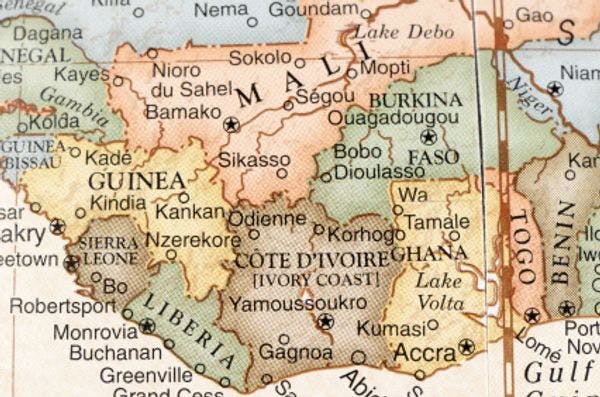FADCA starts advocating for drug policy reform in Liberia
On January 17, 2014 the Foundation received an invitation from United Nations office on Drugs and Crime (UNODC) to form part of a Technical Coordinating Group” known as the National Coordinating Committees (NCC)”. Institutions that are involved in this National Coordinating Committees are:
- United Nations office on Drugs and Crime (UNODC), secretary to the committees.
- Liberia Drugs Enforcement Agency (LDEA), Chair-person.
- Ministry of Health and Social Welfare (MOHWS), Co-hair.
- Foundation Against Illicit Drugs and Child Abuse (FADCA), member.
- Teen Challenge Liberia, member.
- National Aids Commission of Liberia, member.
- Research Department, University of Liberia, member.
- Ministry of Youth and Sports, member.
Keys responsibilities:
The Technical Coordinating Group is responsible for the identification of national public policy issues, developing national strategies and initiatives to combat the illicit use of drugs, organized crime and support national efforts, namely the Government on the nature, scope and impact of drugs and substances abuse as well as organized crime in the country. It provides a national forum where the interest and concern of stakeholders can be brought to the attention of people who deal with law, health, and social welfare. In keeping with its mandate, the Group is expected to meet once in every month but has since met three times.
In the spirit of good coordination among national institutions, FADCA presented several copies of the West Africa Commission on Drugs Report to each member of the Group. The report calls on regional governments to develop drug policy reforms.
In furtherance of our drug policy advocacy, FADCA remains in collaborative contact with regional partners, including the West Africa Commission on Drugs (WACD) and the West Africa Civil Society on Drugs Policy Reform to which FADCA’s Executive Director is the focal person. The Foundation (FADCA) is also in contact with Open Society Initiative for West Africa (OSIWA) n which the Foundation Executive Director is currently serving as a focus on Liberia.
FADCA was asked to steer the formation of local civil society coalition that will advocate for reform on drug policy and other drug related issues in Liberia. At a meeting called January 15, 2014 by OSIWA National Project Coordinator, civil society organizations agreed that FADCA was well placed to lead the coalition formation and steer its affairs. The coalition was formed in May 2014 and named Coalition Against Illicit Drugs Trafficking and Abuse In Liberia (CADTAL). FADCA represented the coalition at the regional coordination meeting in Dakar, Senegal under the auspices of WACD. At a local meeting of Coalition members held in UNODC office on the 4th of July the FADCA presented copies of the West African Commission on Drugs report to members of the coalition.
Presenting the report, FADCA Executive Director told member organizations of the coalition and government agencies represented at the meeting that civil society organizations in the West African region are working along with the Commission to advocate for reform through publication of materials from international partners. “We must join forces to reform our drug laws, taking public health and human rights into consideration,” Mr. Alphonso Quenneh said. He further noted “we should use interdiction rather than criminalization”.
The report was embraced by UNODC Acting Country Representative, Mr. Yilaa Woltis Se. However some participants at the meeting particularly from the Drugs Enforcement Agency (DEA) in Liberia said that reforming the drug law would lay more emphasis on individual rights and set the pace for more farmers to get involve while youth in particular will practice public smoking of narcotics. For its part the National AIDS Commission accepted the fact that repressive laws help to increase HIV/AIDS, and that reforming drug laws with emphasis on public health is in the interest of Liberia.
At the July 4th meeting, members of the Technical Coordinating Group and the Coalition unanimously agreed to suspend meetings due to the intensity of Ebola outbreak in the country and in observance of government’s ban on public gathering. It was agreed that meetings will resume immediately when Liberia is declared Ebola free.
In July 2014 the Open Society Foundation for Global Drugs Policy initiated a program through the University of Legon Faculty of Law to study capacity building on Drug Policy and Human Rights in which two members of the coalition benefited through certification.
Keep up-to-date with drug policy developments by subscribing to the IDPC Monthly Alert.
